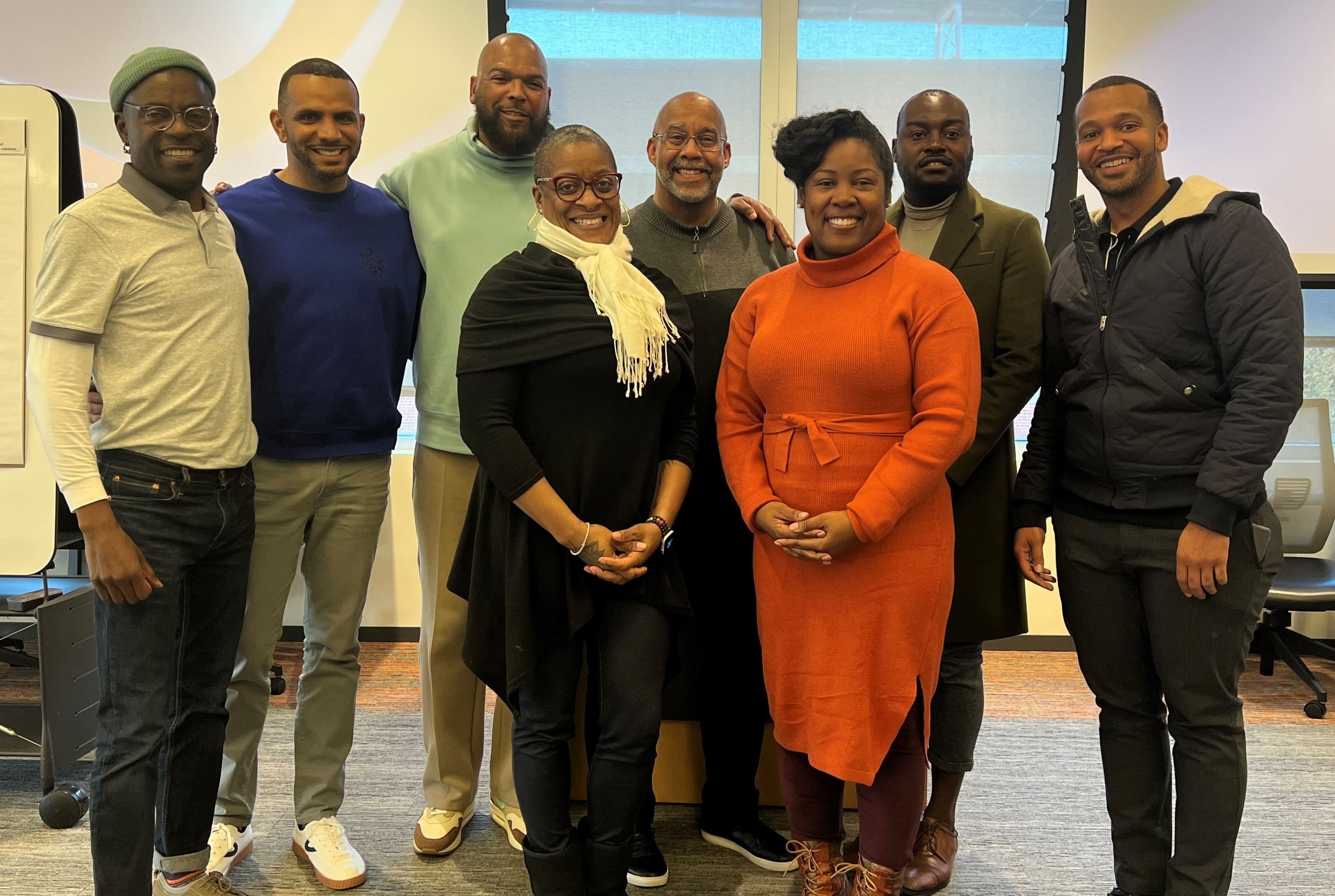HPTN Black Caucus

The roots of the Black Caucus originated in 2008 during the implementation of the HPTN 061 study protocol. The HPTN formed the HPTN 061 Black Caucus to provide racial and cultural responsiveness and technical assistance to the HPTN 061 protocol team to support the acceptability and success of the study among Black communities. Through a wide range of activities, the HPTN 061 Black Caucus ensured the study's design, implementation, analysis, and interpretation were rooted in the appropriate racial and cultural contexts and that the study was responsive to the needs of Black MSM communities.
In the years since the HPTN 061 study concluded, the HPTN Black Caucus has consulted on and provided support for several other HPTN studies, including the HPTN 073, HPTN 078, HPTN 083, HPTN 091, HPTN 094, and HPTN 096.
In 2011, the HPTN Black Caucus developed cultural responsiveness training for HPTN 073 clinical research site staff to help increase understanding of the perspectives of researchers, stakeholders, and participants from different backgrounds. Named “A Presence at the Table (APAT),” the training helped improve the inclusion of cultural, racial, ethnic, gender, and sexual minorities in clinical trials. While APAT was initially developed to enhance rapport with Black MSM participants and community stakeholders, the program was expanded to include people of trans experience.
The HPTN Black Caucus continues to provide ongoing leadership for HPTN studies with priority populations reflective of historically underrepresented communities. Next month, HPTN Black Caucus members will lead diversity, equity, and inclusion (DEI) training for HPTN 096 peer supporters. The training will delve into various topics, including the profound impact of racism and stigma on clinical research and marginalized communities. The training will also explore historical trauma and microaggressions, shedding light on how good intentions can sometimes lead to unintended adverse outcomes due to conscious and unconscious biases.
To learn more about the history of the HPTN Black Caucus, click here.
Chair
Members
- Donte Boyd
- Gloria Aidoo-Frimpong
- Typhanye Dyer
- Sheldon Fields
- Orlando Harris
- Mandy Hill
- Christopher Hucks-Ortiz
- LaRon Nelson
- Tonia Poteat
- Darren Whitfield
- Leo Wilton